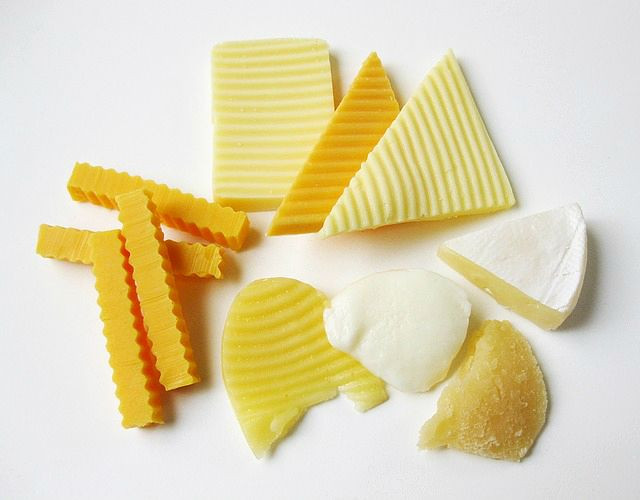Eating Cheese Could Put Men's Fertility at Risk

Young men eating as few as three slices of cheese a day could be putting their fertility at risk, a study by Harvard researchers claims.
The study examined the diets of 189 fit young men, aged between 19 and 25. All exercised for at least an hour and a half. All the men filled out a survey in which they detailed how often they ate fruits, vegetables, dairy, and other products. They also examined their sperm to see their shape and how quickly their swimmers moved.
The researchers classified a single serving of dairy to include an ounce (28 grams) of cheese, a teaspoon of cream, a scoop of ice cream, or a glass of full-fat milk.
Researchers found that young men who ate more than three servings of full-fat dairy products had a 25 percent decrease in sperm quality.
Myriam Afeiche, who led the study, will explain at the American Society for Reproductive Medicine's conference in San Diego that researchers believed that female hormone estrogen from cows, which naturally ends up in milk, may be to blame for the decrease in sperm quality. She also suggested that pesticides could be a culprit as they find their way in milk. She suggested that other compounds, like chlorinated pollutants and heavy metals, could also find their way in milk and explain the link.
But researchers say that men do not need to forego dairy products altogether. Even though the level of men's fertility may have decreased, it is unlikely that they would have problems conceiving offspring.
It has been suggested that full-fat dairy products may impact fertility in men, but very few studies have been undertaken that explicitly examined that link. Researchers have been comparatively far more interested in examining the role that diet may play in women's fertility.
Previous studies have linked men's lackluster ability to reproduce with obesity and eating lots of carbohydrates.



























